The government of Kenya has ordered work to halt on the 92km stretch of its standard gauge railway that runs from Nairobi northeast to the town of Naivasha after workers employed by its Chinese contractor were attacked by local youths.
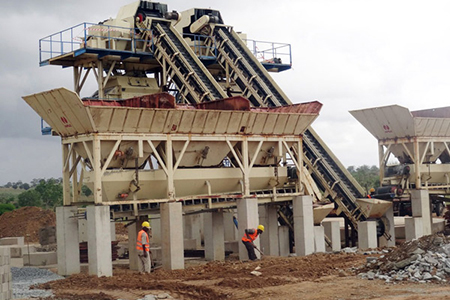
China Road and Bridge workers in action on the Mombasa-Nairobi phase (Trademark East Africa)
This work belongs to the phase 2A of the railway, which is scheduled to be officially opened by President Uhuru Kenyatta on 26 September.
Irungu Nyakera, the principal secretary for transport minister, told Kenya’s parliament that the route chosen by China Road and Bridge Corporation (CRBC) had not been approved. “Legally, they should not have started,” he said.
Nyakera said the premature work had been brought to his attention after some Chinese workers were attacked by some local people in Narok County. He said: “Local youths attacked the contractor’s staff after complaining that they wanted to get the jobs on the project.”
He said that it seemed that CRBC had completed work on the first phase of the railway, which links the port of Mombasa and Nairobi, and wanted to put its idle staff to work on the next part of the job.
He said the route had not been approved by the Kenya Railway board and an environmental impact assessment had not been done. He added that there were seven possible routes under discussion by the board, and that a decision on which to choose would be made by the end of the week.
When CRBC officials were contacted by the ministry, they said they were mobilising ahead of a planned launch.
The government’s announcement caused confusion in the local media, which reported the cancellation of the entire second phase of the railway – an immense undertaking that will eventually reach the Ugandan border at Malaba and create the first fast rail link between the Great Lake states and the wider world.
It was announced in March that the $1.5bn section between Navaisha and Malaba will be built by China Communications Construction Company.
The incident at Navaisha will focus attention on complaints within Kenya that not enough local workers are benefiting from the rail project. There has also been criticism of the decision to award the contract to CRBC on a no-bid basis, which was a consequence of the role of Chinese funding in making the scheme possible.
The $1bn Nairobi-Navaisha route is being financed by China’s Export-Import Bank.
Altogether, Kenya’s standard gauge network is expected to cost about $14bn. Phase 1 of the railway is due to open in the middle of next year.
- Edited on 3/5/2019 to remove a picture with an incorrect caption, thank you for your comments
Further Reading:
Comments
Comments are closed.





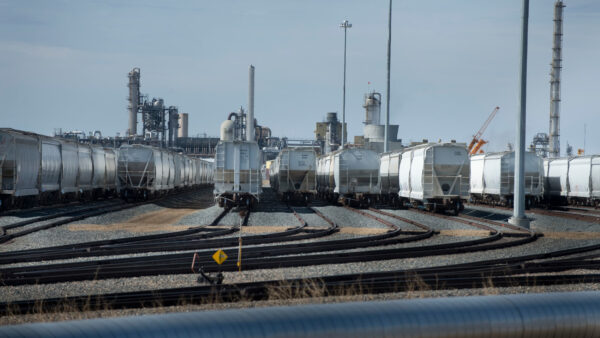

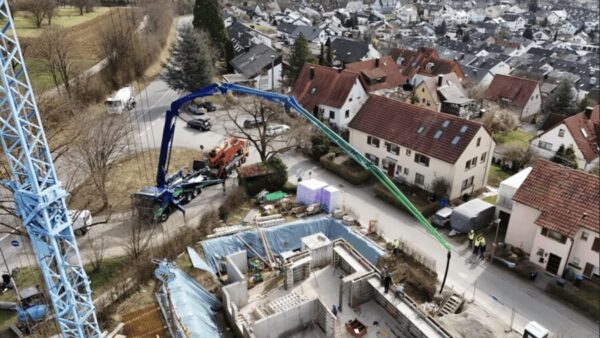
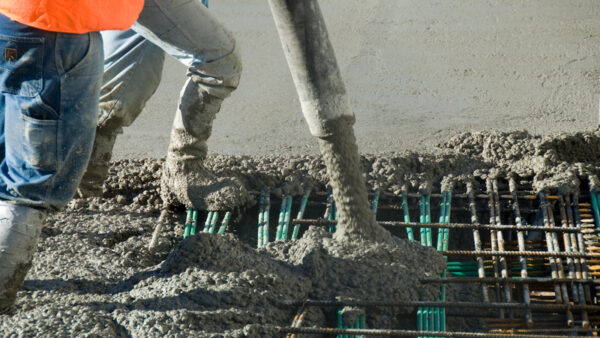
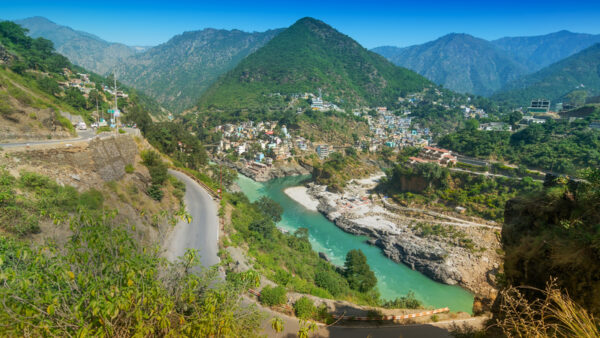
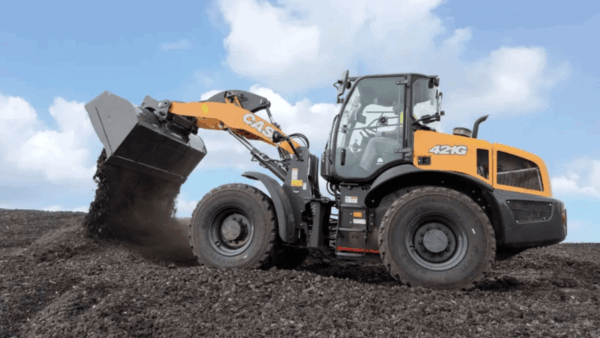
It is by no means untypical for Chinese contractors / investors in infrastructure projects, mining, etc. to bring all their own labour to projects across the world, thereby contributing nothing to local economies, being simply a revenue stream for China.
By the way, I am fascinated by the train photographed in the article, carrying vehicles upto 9 across. I can’t imagine the bridgeworks and tunnelling needed to accommodate trains of this width. Wow!
We do make mistake at times when we capture photos with the wrong captions. This one really do need to be corrected.
Commencing a major project without all stakeholder approval is not only a breach of contract, trust and transparency but a form of disrespect. Irrespective of the company undertaking the works provide 100% founding for the project All should adhere to good practice, best business working ethics. We all to watch these malpractice happening and ensure they do not become the norm within built environment.